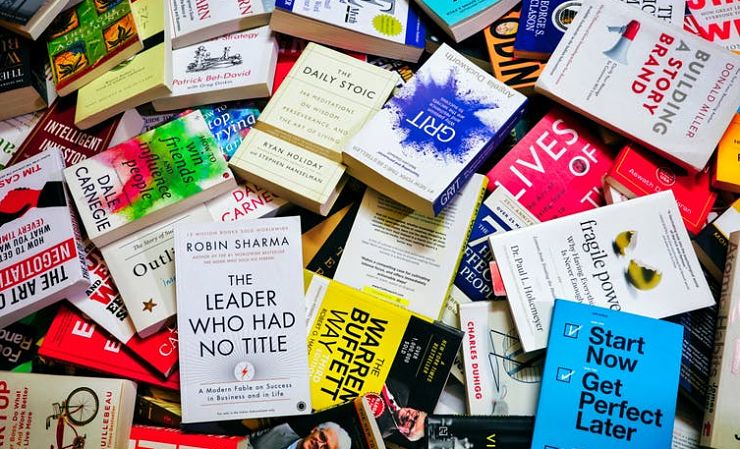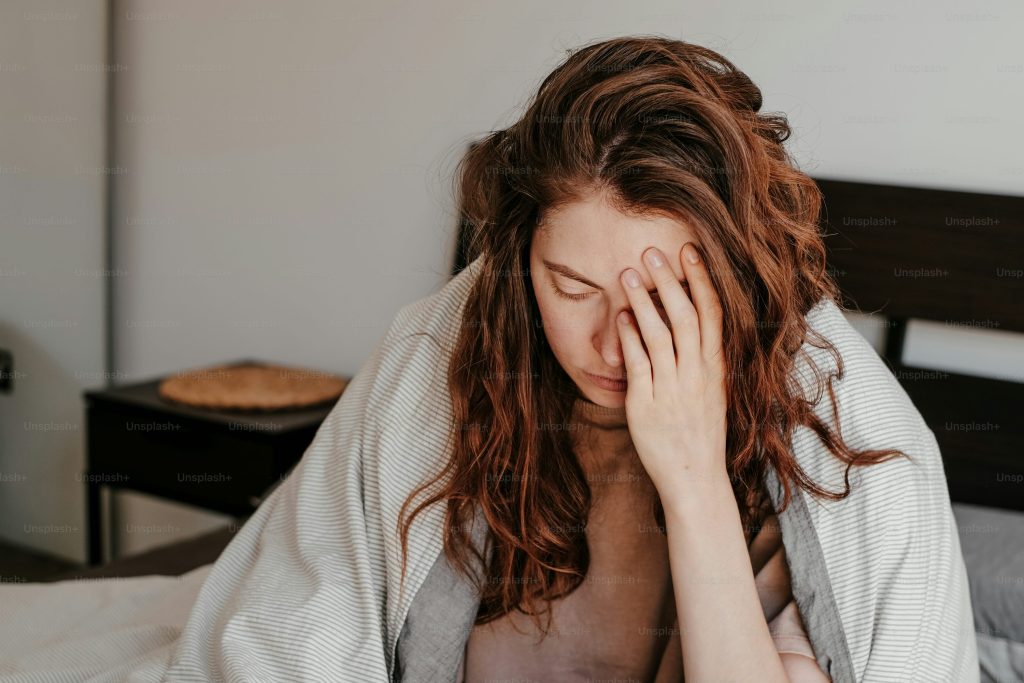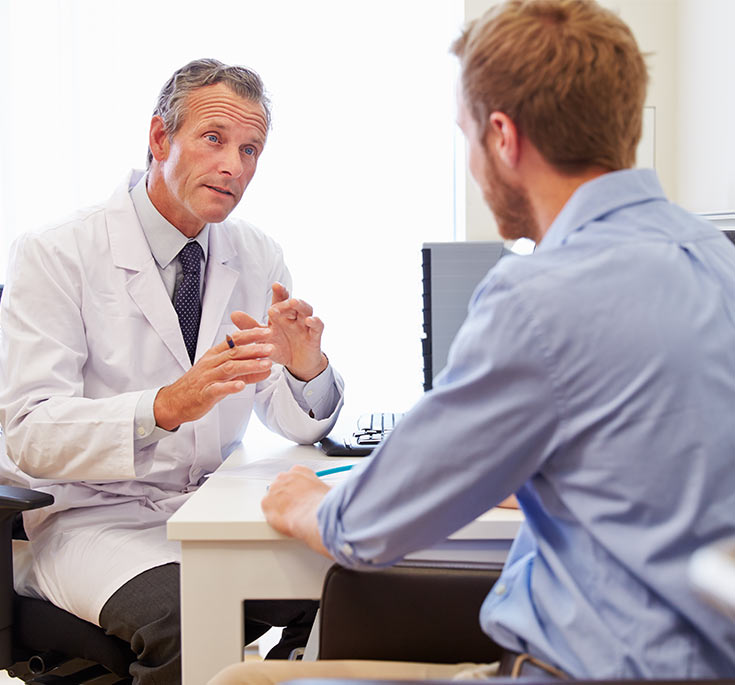In today’s digital age, anyone can sound like a mental health expert. From YouTube videos and Instagram reels to blog posts and talk shows, we are surrounded by advice claiming to “heal your trauma,” “fix your anxiety,” or “reprogram your brain in 7 days.” This trend is known as Pop Psychology and while it looks helpful on the surface, it can be misleading, harmful, and sometimes even dangerous.
What Is Pop Psychology?
Pop psychology refers to psychological ideas, tips, and techniques that gain popularity through media, rather than being grounded in science or clinical experience. These messages often:
-
- Promise quick fixes to deep problems
- Rely on emotional appeal, not evidence
- They are created by people without medical or psychological training
- Get repeated so often that people start believing them as the truth
As a psychiatrist in Nepal, I frequently see the effects of these misleading ideas. There are many examples where Pop psychology is being exploited for profit, fame, and influence.
-
- A young woman with panic attacks stopped her medication after watching a video titled “You Don’t Need Pills, Just Breathe Right.” Her condition worsened severely within two weeks.
- A college student felt ashamed for being unable to “think positively” and blamed himself for his depression after following a motivational influencer’s advice.
- A patient with PTSD was using a “trauma healing journal” he bought online for Rs. 2,500. It contained vague affirmations but no structured therapy guidance, and delayed him from seeking real help.
How is Pop Psychology being exploited?
-
- Influencers selling courses or workshops claiming to “heal childhood trauma” in a weekend
- Unqualified coaches giving therapy-like advice on TikTok, often without licenses
- Self-help books or planners with no clinical basis, charging thousands of rupees
- Motivational speakers branding mental illness as a “mindset problem”
- YouTube channels promoting “detox your brain” or “rewire your subconscious” methods without any scientific proof
Why is this Dangerous?
Pop psychology oversimplifies serious mental health conditions. It tells you:
- “Just be grateful.”
- “You attract what you think.”
- “Cut toxic people, and you’ll heal.”
These may sound nice, but can be harmful when applied blindly, especially to people with clinical disorders. Here’s what happens:
- People stop medications or therapy, expecting miracles from online tips
- They blame themselves when these “methods” don’t work
- It creates guilt, shame, and helplessness, worsening symptoms
A recent 2022 study found that most mental health advice on social media is not evidence-based. Another study (Lancet Psychiatry, 2019) linked online self-diagnosis to higher distress and delays in seeking professional care.
When Can Pop Psychology Help?
Sometimes, people with mild stress or no clinical illness may benefit from a few simple tips, such as mindfulness, journaling, or motivational strategies. But for anyone dealing with Depression, Anxiety disorders, Bipolar disorder, PTSD, OCD, Schizophrenia, or Substance use disorders, these superficial solutions are not enough. It’s like using green tea to treat high blood pressure, which seems easy, but it won’t solve the problem.
What should you do instead?
If you’re exploring mental health content online, here’s how to stay safe and smart:
-
- Talk to a psychiatrist or psychologist before trying new techniques
- Avoid self-diagnosing based on TikTok, reels, or blog posts
- Check credentials—Is the source licensed or trained?
- Look for evidence-based methods, not personal success stories
- Don’t skip therapy or medication in favor of “natural” internet curesDon’t spend more than you can afford on books, courses, or journals with zero guarantees
Bottom Line: Trust Science, Not Trends
Mental health problems are real illnesses, just like diabetes or asthma. They are biological, psychological, and treatable, but only through the right help. Pop psychology may sell hope, but it cannot replace proper diagnosis, therapy, or medication. So the next time you see a video promising to “heal trauma in 10 minutes” or a “neuro hack” to fix anxiety instantly, pause, think, and choose wisely. Your mental health deserves better than shortcuts.


